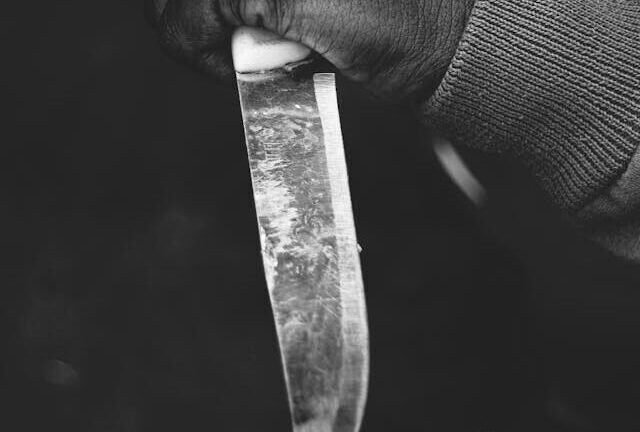Minors face arrests for murder, robbery and sexual offences, sparking outrage and calls for action
A disturbing new report has exposed the scale of serious crime involving children as young as ten across the West Midlands. In a revelation that has left communities shaken, it has emerged that school-aged children have been arrested for some of the most serious offences imaginable — including murder, attempted murder, robbery, knife possession, and racially aggravated assaults.
The data, revealed by West Midlands Police, uncovers a rising tide of youth crime that belies the traditional image of childhood innocence. Among the most shocking cases is a 12-year-old boy arrested on suspicion of murder, with other minors facing charges for attempted murder and sexual offences — all before reaching their teenage years.
Experts and community leaders are now grappling with how children barely out of primary school have come to be caught in the grip of such grave criminality. More than two dozen cases of robbery and racially motivated violence have involved suspects under 13, many of them boys barely old enough to sit their Key Stage 2 exams.
At the centre of the debate is the influence of social media and streaming platforms, particularly the controversial Netflix drama Adolescence. The gritty teen series has been linked to growing concerns over toxic masculinity, peer pressure, and the glorification of violence among young viewers. Prime Minister Keir Starmer has summoned the show’s creators to Downing Street for urgent talks, questioning the ethical responsibility of content creators in an era where children are increasingly exposed to adult themes online.
The UK’s legal age of criminal responsibility — ten — is among the lowest in Europe. While some argue that it enables justice to be served swiftly when needed, others say it lays bare a failure of intervention before it’s too late. The question many are asking now: is why are so many children becoming entangled in such violent behaviour so early.
The surge in weapon possession is especially alarming. Police have arrested multiple 11-year-olds carrying knives or other dangerous items. Officers warn that many of these children are being exploited by older criminals to carry out robberies, assaults, and drug-related tasks — knowing they are less likely to face adult-level punishments.
Embed from Getty ImagesTeachers and youth workers across the West Midlands report a rising sense of fear in classrooms and playgrounds. Some schools have had to implement bag checks, and police have been asked to increase patrols near school gates. The psychological toll on other children is also becoming evident, with many afraid to speak out against aggressive classmates for fear of retaliation.
Child welfare advocates insist the problem isn’t just about law enforcement, but about the erosion of childhood itself. “We are witnessing the fallout of systemic failures — in mental health care, in education, in family support,” said one youth justice expert. “When a 10-year-old ends up in a police cell for carrying a knife, society should ask not just how, but why.”
This growing trend of child criminality has become a national talking point. With the government under pressure to act, there are calls for increased funding to early intervention programmes, stronger digital regulation to protect children from harmful content, and a broader review of youth services that have been slashed over the past decade.
As the West Midlands comes to terms with the scale of the issue, one thing is clear: the boundaries of childhood are blurring in the most chilling way. What was once considered unimaginable is now disturbingly real, and unless urgent action is taken, more children may find themselves not in classrooms — but in courtrooms.
